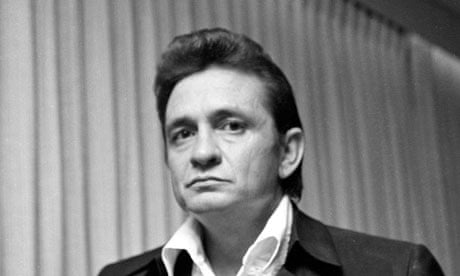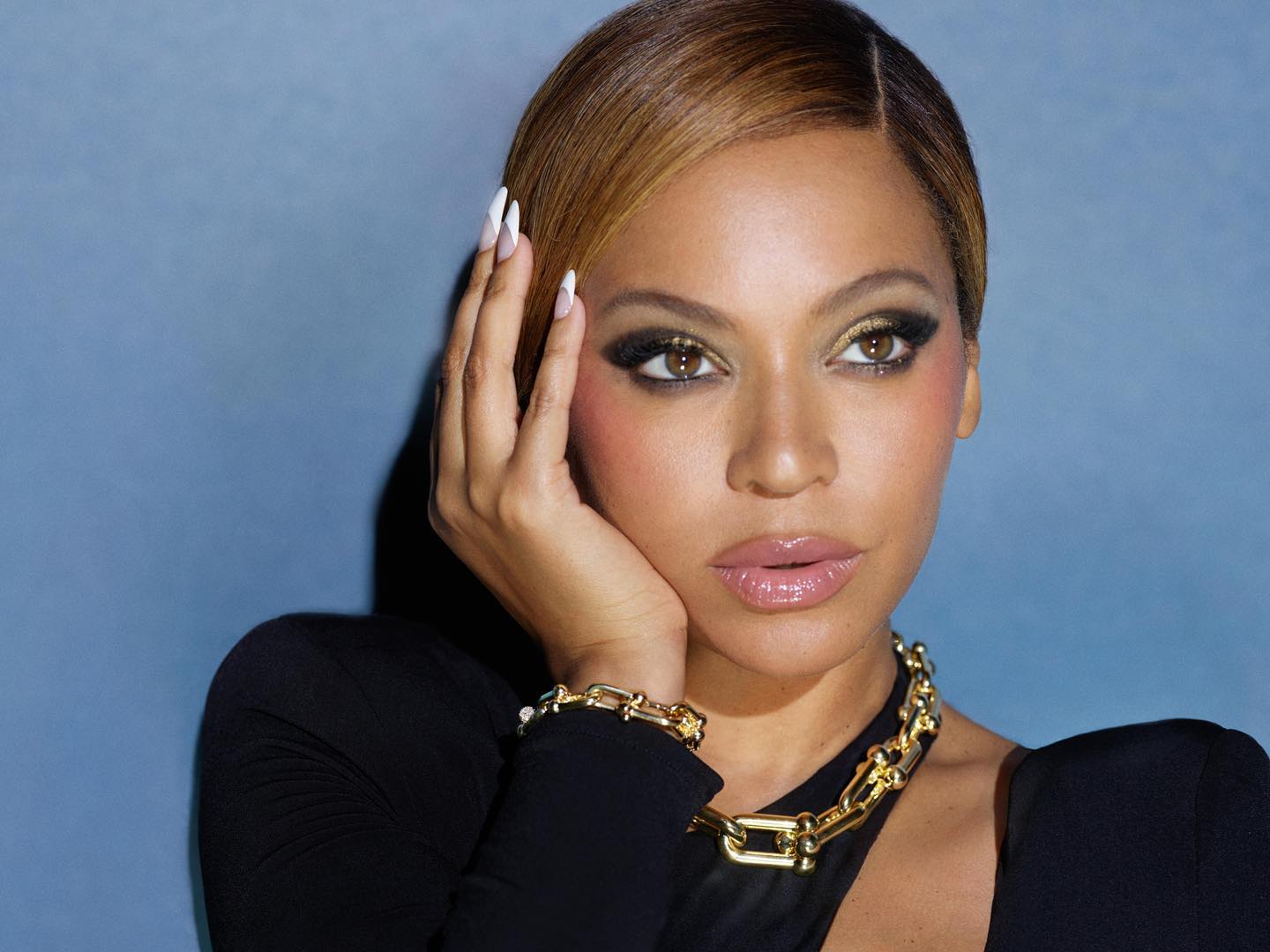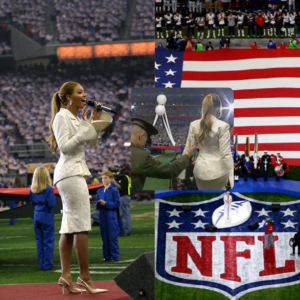Renowned singer Beyoncé has been thrust into a legal dispute with the estate of legendary country musician Johnny Cash over claims of unauthorized use of his music on her latest album. The Cash family attorney has filed a writ of desistance, a legal action that seeks to halt the payment of any royalties related to the album until a judge can determine whether the music in question violates the Johnny Cash trademark.

The controversy centers around a segment in the song “Blackbird” from Beyoncé’s new album, where she hums a tune that the Cash estate believes closely resembles Cash’s iconic song “Walkin’ the Line.” According to sources, the Cash estate asserts that Beyoncé did not seek the necessary permission to incorporate the melody and argues that her use of the tune is a breach of copyright.
The estate’s lawyer emphasized the importance of upholding Johnny Cash’s musical legacy and intellectual property rights. “There’s a portion in ‘Blackbird’ that, when you listen closely, bears a striking resemblance to Johnny Cash’s ‘Walkin’ the Line.’ Beyoncé never sought permission to use this part, and we believe it infringes upon our client’s trademark,” the attorney stated.

In response, Beyoncé’s PR Director, Joe Barron, dismissed the claims as unfounded and far-fetched. Barron stated that Beyoncé had received explicit permission from Sir Paul McCartney, the original writer of the song “Blackbird,” to use the song in her album. “The idea that Beyoncé’s ‘Blackbird’ sounds like Johnny Cash’s ‘Walkin’ the Line’ is simply absurd,” said Barron. “What exactly are they smoking down there in Memphis, anyway?”
Barron further argued that the claim is a desperate attempt to exploit Beyoncé’s success and that there is no merit to the allegations. He emphasized that the creative process behind “Blackbird” involved obtaining the necessary permissions from the rightful owners and that the song’s structure and arrangement were developed independently of any Johnny Cash material.

The case raises important questions about the intersection of musical inspiration and intellectual property rights. Artists often draw inspiration from different sources, and the line between homage and infringement can sometimes be blurred. Legal disputes such as this one highlight the challenges musicians face when incorporating elements of others’ work into their own creations.
As the legal battle unfolds, industry experts will be closely monitoring the outcome, which could have significant implications for both Beyoncé and the Cash estate. The situation also serves as a reminder of the complexities involved in navigating the world of music copyright and the importance of obtaining the proper permissions when using material from other artists.

Neither Johnny Cash nor Elvis Presley could comment on the situation, leaving it up to the courts to decide whether Beyoncé’s use of the contested music is a tribute to the late country legend or a violation of his trademark.
PROMOTED CONTENT
News
Paige Spiranac, a former professional golfer turned influencer, has found immense success in her career as a social media influencer, model, and media personality. With 3.9 million Instagram followers and 1.5 million on TikTok, she has become a prominent figure in the online world.
Paige Spiranac flattered to inspire others, including copycats, in Social Media success In a recent interview with The U.S. Sun at The SI Invitational, Spiranac expressed her…
Golf influencer Paige Spiranac knows exactly what some people think of her, and she had the perfect response ready for those critics.
Paige Spiranac posts brilliant response to sexist critics who think she does not know how to golf She played dumb in order to prove her point The Instagram…
PAIGE SPIRANAC delighted fans with her latest social media post.
The golf influencer loves to upload snaps of herself from various courses around the world. 28 Paige Spiranac posed in a figure-hugging black dressCredit: https://twitter.com/PaigeSpiranac 28 Fans love…
Paige Spiranac fans left distracted as she teases curves in busty outfit
Instagram influencer and golfer Paige Spiranac gave her fans an eyeful in her latest post. Paige Spiranac shares golf tutorial Fans of golf star and social media…
Crowned The King Of R&B, Chris Brown Has Amassed A 2024 Net Worth Of $50 Million
Chris Brown is an iconic and well-known singer, songwriter, actor and world-class dancer. Working since he was 16, Brown has continued to thrive within the entertainment industry and…
NFL fired Beyoncé after just 2 minutes on stage for singing ‘Alternative National Anthem’ at NFL.
In a world where celebrities often tread lightly around political and social issues, global superstar Beyoncé has never been one to shy away from making a statement….
End of content
No more pages to load











